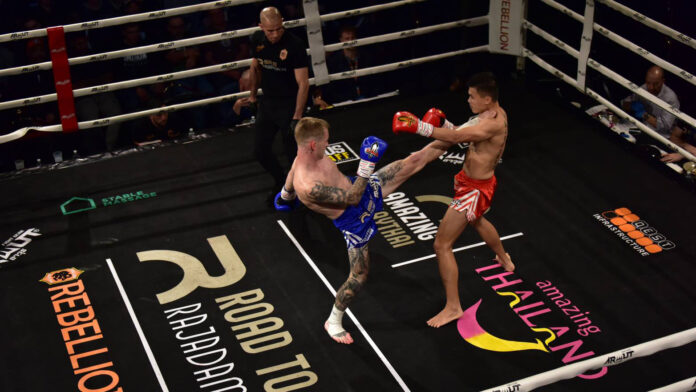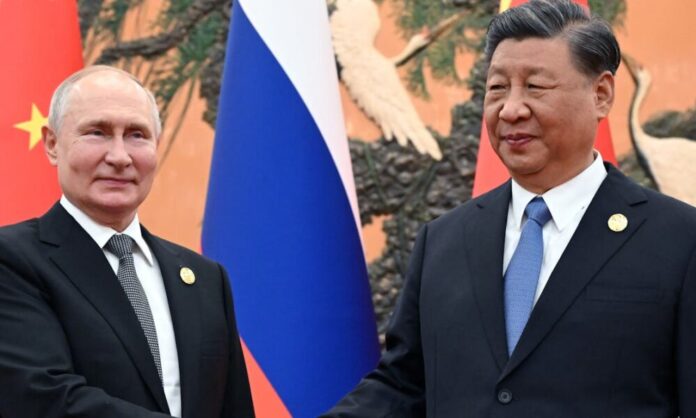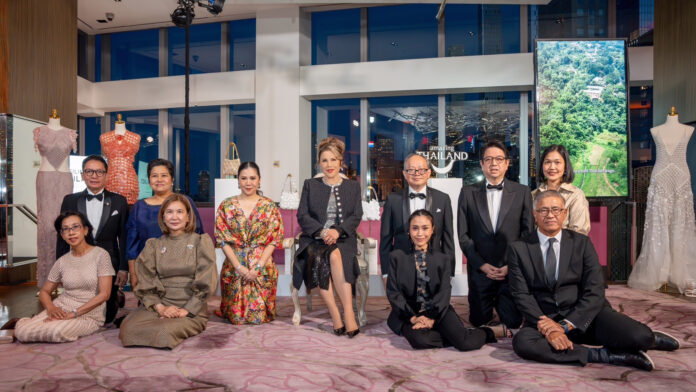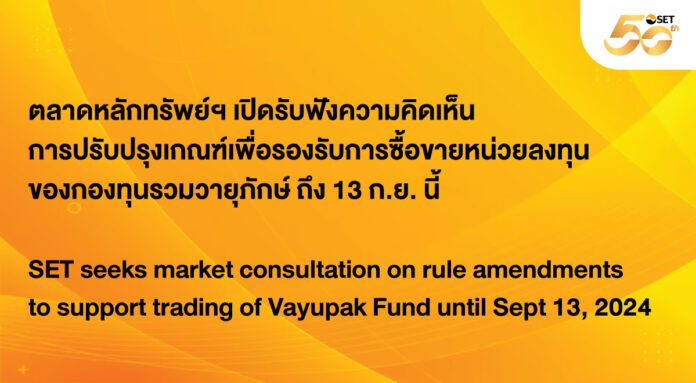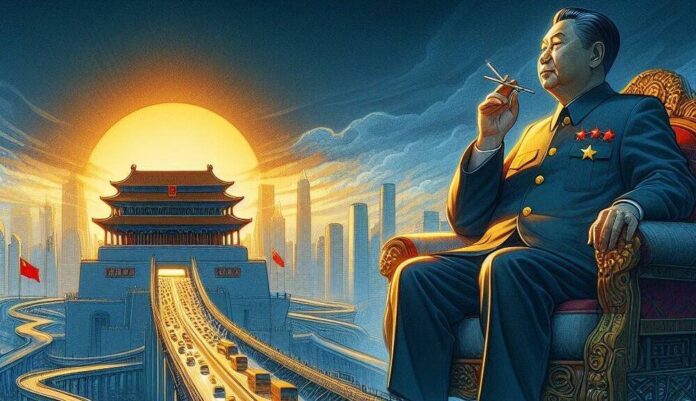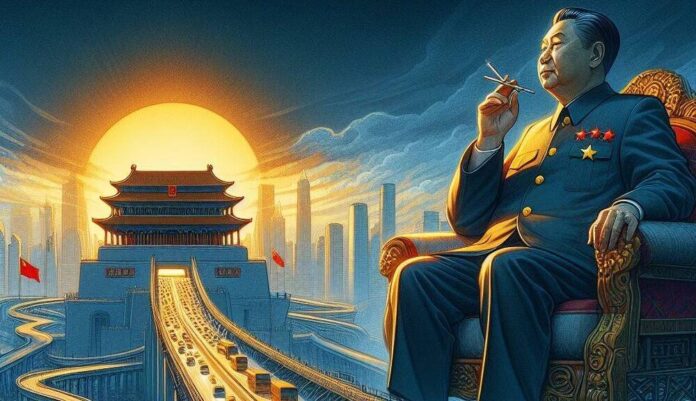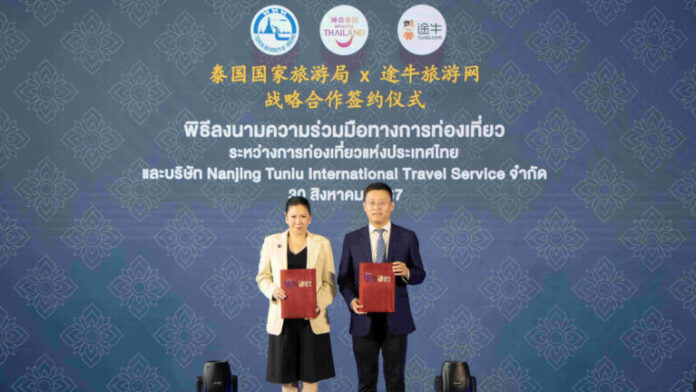The recent Belt and Road Forum in Beijing saw decreased attendance from world leaders, highlighting geopolitical tensions. Vladimir Putin emphasized Sino-Russian cooperation, but trade imbalances reveal Russia’s subordinate role.
The third Belt and Road Forum held in Beijing recently attracted fewer heads of state or senior officials than the previous forums in 2017 and 2019. There were 11 European presidents and prime ministers at the 2019 forum. But last week’s forum attracted only three.
This is understandable, given that the two-day meeting took place against the backdrop of high tension in the Middle East caused by the conflict between Israel and Hamas as well as the war in Ukraine – both wars which have highlighted differences in views on regional and global order between the west and a number of non-western countries.
One enthusiastic participant was the Russian president, Vladimir Putin. For Putin, the forum provided an opportunity to meet other leaders without fear of arrest, given his indictment by the International Criminal Court for war crimes which had kept him away from September’s Brics summit in South Africa.
While Putin was just one among 20 or so world leaders at the Forum, he was photographed at Xi Jinping’s right hand and given a prominent place in proceedings. Delivering a speech at the forum immediately after the Chinese president and staging a press conference for the Russian media before boarding the plane to Moscow, Putin attempted to convey the message of tight cooperation with China.
He was keen to remind his audience of Russia’s credentials as a UN security council member, together with China, responsible for the maintenance of international peace and security. He also noted that he and Xi had discussed both the situation in Gaza and the events in Ukraine, describing these situations as “common threats” which strengthen Sino-Russian “interaction”.
Putin drew particular attention to the high bilateral trade volume between Russia and China, which has reached nearly US$200 billion (£163 billion). This sounds impressive until you remember that the bulk of this trade consists of export of Russian hydrocarbons and other raw materials to China. This is nothing new – in fact trade in hydrocarbons between Russia and China have been boosted by western sanctions.
Perhaps the most instructive aspect of the visit was Putin’s explicit acknowledgement of the different roles played by Moscow and Beijing in international politics. Putin described the Russia-dominated Greater Eurasian Partnership (GEP) – a concept Moscow has promoted as a response to the Belt and Road Initiative (BRI) that would fuse the Eurasian Economic Union with the BRI – as a regional or “local” project. Meanwhile he happily described the BRI as “global” in scale.
For the past decade, Russian policymakers and experts have consistently held up the GEP as symbolising Russia’s equality with China. Russian foreign minister Sergei Lavrov has described it as “the creation of a continent-wide architecture”.
Putin’s words, coupled with the lack of any meaningful results of the meeting (bar a contract on food and agricultural products which has yet to be confirmed by Beijing), illustrate the extent to which Russia’s war against Ukraine has deepened the asymmetry between the two powers.
Holding back?
The lack of genuine progress on the issue of the Power of Siberia-2 pipeline, which will transport gas from Russia’s Yamal gas fields, which used to supply Europe, via Mongolia to China, was further evidence of this asymmetry. Xi was kind enough to express hope that the project could proceed quickly. But he did not outline any concrete steps in that direction.
China’s agreement, if confirmed by a contract, would have been the most clear signal of Beijing’s strategic support for Russia, especially given Gazprom’s shrinking European market. By prolonging negotiations, China seems to be trying to extract specific concessions from Russia, related to the price of gas, possible Chinese ownership of gas fields in Russia, or Beijing’s acquisition of shares in Gazprom.
Meanwhile, in May 2023, China revived the prospect of building the so-called section “D”, enlarging the capacity of the Central Asia-China gas pipeline system, which will bring gas from Turkmenistan via Kyrgyzstan and Tajikistan to China, emphasising China’s other sources of energy supplies.
While continuing to offer Moscow political support and not interfering with Chinese companies’ attempts to take advantage of the exodus of western companies to increase their presence in the Russian market, Beijing has clearly attempted to prevent any embarrassment related to Russia. A gas contract would have overshadowed the BRI summit and generated a strong reaction in the US and Europe, potentially strengthening China hawks in the west.
Beijing making its move
Putin’s delegation was full of ministers and CEOs of key Russian enterprises, from Rosneft and Gazprom to Novatek, so the conclusion of commercial agreements can’t be ruled out, but the probability is low. It is clear that Beijing does not want to be seen to be openly supporting Russia in resisting and bypassing western sanctions.
In the 1990s, Russian officials regularly warned of the dangers of becoming a “raw materials appendage” to China. Today the economic benefits that Russian elites gain from hydrocarbons mean this danger has now become a reality. Russia has locked itself into an economic partnership in which it is the supplicant, a role that Moscow seems happy to play.
But the BRI is not just about economics. It is also a key part of Beijing’s bid to project itself as a “global responsible power”. Beijing has recently outlined what it calls its “Global Security Initiative” which explicitly rejects the Western rules-based order. This comes alongside a “Global Development Initiative” and, nested within these, a “Global Civilisation initiative”. Taken together these question western universalist ideas about human rights and democracy.
China’s thinking has gained traction among many countries of the global south, providing a developmental path without lectures on human rights. China speaks to these countries using its dual identity as both a rapidly developing power and a member of the UN security council. By comparison, notwithstanding its security council position, Russia has few tangible benefits to offer these countries. Last week’s BRI forum has driven this point home.
This article is republished from The Conversation under a Creative Commons license. Read the original article.
Source link : Putin and Xi: Beijing Belt and Road meeting highlighted Russia’s role as China’s junior partner by The Conversation

